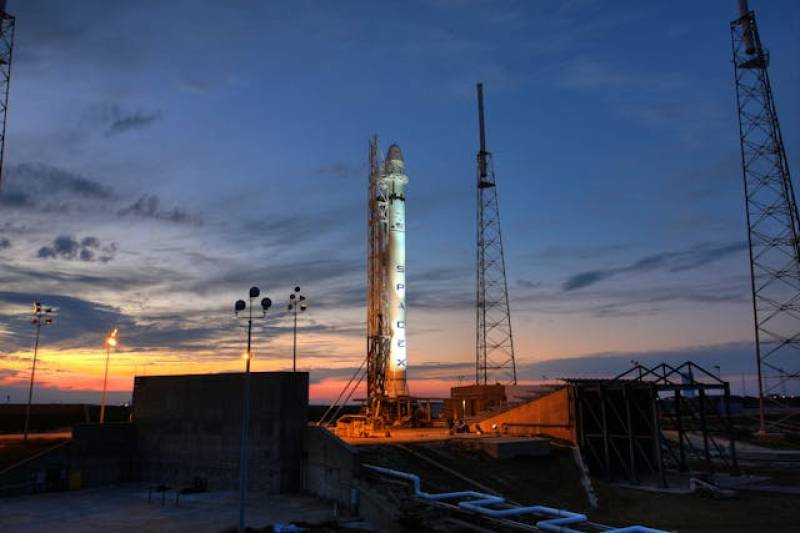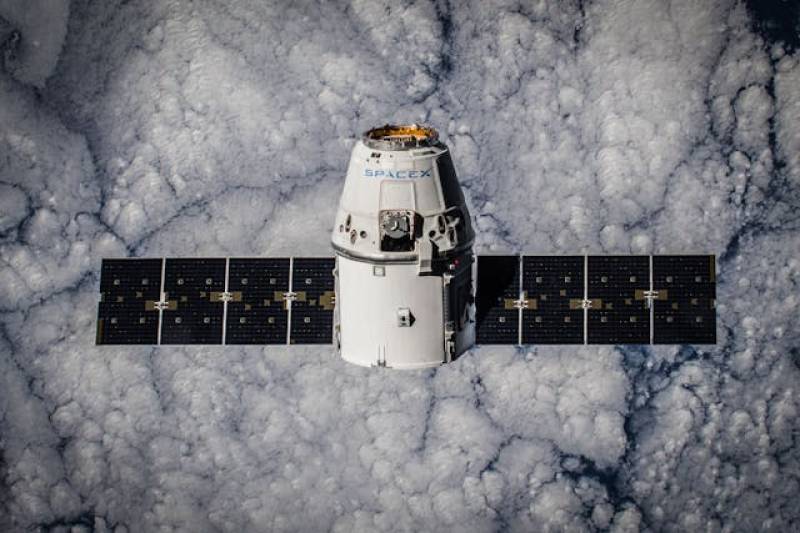
To be listed on the haciendadelalamo TODAY MAP please call +34 968 018 268.
article_detail
Date Published: 01/10/2024
Starlink in Spain: Still more luxury than essential

Image: SpaceX / Pexels
Starlink, a network of satellites orbiting nearly 500km above the earth, has brought a quiet revolution in communication, especially to areas considered remote or otherwise cut off from society. Most recently, Arab News reports that Starlink has begun servicing people in Yemen, a country that had 9.1m people connected to the internet in 2023 – or just 26.7% of the population.
Spain, specifically, its more rural areas, benefitted from Starlink’s introduction at the beginning of 2022. An article from the Spanish Language website 20Minutos claimed, a year later, that Starlink would provide “a relief” to people “in the middle of nowhere”. The site didn’t go into specifics, but one thing is apparent – the satellite network is still not very popular with Earthlings.
Change in fortunes
While there’s no denying that access to high-speed internet out in the countryside is invaluable, just 2.7m people worldwide pay for Starlink. PC Mag reports that the service has seen a recent surge in subscribers, by 500,000 people in Q1, 2024, the figures almost invariably mean that its use in Spain - in cities or out in places like Extremadura, described by The Telegraph as the nation’s “remotest region" - is low.
Starlink wasn’t in an ideal position recently. The constellation of satellites owned by SpaceX had expected 20m users by 2022, according to Ars Technica, as well as $US12bn in revenue. Its low uptake around the globe and the fact that each of its 6,350 satellites has to be replaced every five years (60 are currently non-functional) means it was hard to see where profit might come from.
Actual Starlink revenue was $1.4 billion in 2022, an increase of $1.2bn in 2021. The company expects to post a revenue figure of $6.8bn in 2024 with a profit margin of 60% - a huge change in fortunes. Motley Fool compared this number to the profit margins of Comcast and Verizon, which stand at between 20% and 40%. In its niche, Starlink has no competitors.
Service blackspot
Spain depends on the internet for everyday activities, but seasonal spikes can happen in summer, such as during the European Championships, and around the festive period. For instance, the El Gordo lottery on December 22 drives traffic because it’s playable online. In fact, the latter has become a multi-national event. People in Ireland can play the Spanish Xmas lottery with Lottoland.

Image: SpaceX / Pexels
Making sure that Spaniards can conduct their online business anywhere (“connectivity where you least expect it”, to quote the brand’s website) is one of the great selling points of Starlink, but the network isn’t without its flaws. The network’s availability map has a service black spot to the east of Madrid, in the region of Guadalajara. Andorra and Liechtenstein are off-grid, too.
Starlink has recognized that its packages were initially too expensive for residential users. Starting at €99 in 2022, internet access can now be found for €40. Arguably, the per-month fee isn’t the reason why Starlink’s growth has been slow. The required receiver and router add an up-front cost of €349.
Starlink might seem more like a luxury than an essential purchase, even out in the wilderness.
Contact Murcia Today: Editorial 000 000 000 /
Office 000 000 000























